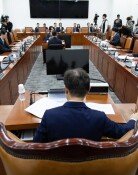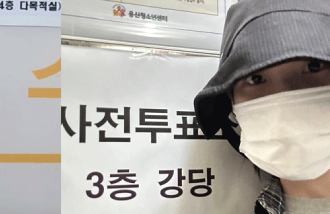Vastly changed age
Fewer than ten years have passed since Japan`s history textbooks were changed to reflect a new and changed age. ``Kyoksejigam`` or vastly changed times was an expression used by former Japanese Prime Minister Kiichi Miyazawa in a speech to the Diet in early 1992. He had earlier addressed the Korean National Assembly. ``I am deeply saddened by the misery of the `comfort women` during the Pacific War and feel really sorry for that. We should hand down a correct version of history to our posterity lest they should repeat the mistakes of our generation.`` These remarks were the first such comments made by a Japanese premier.
His words were later included in a Japanese textbook. Soon after, Miyazawa told the Japanese House of Representatives that the criteria for screening textbooks had been revised to take into account the concerns of neighboring countries. ``We have come a long way,`` he said. Japanese had certainly come a long way since the days when they had indulged in a distorted historical outlook and outrageous phraseology, insisting that the colonization of Korea and invasion of China were undertaken in self-defense or that they meant to liberate Asia and benefited the ``victims`` in a way.
The changes to textbooks were far from fundamental, however. Some of them still termed ``aggression`` as ``advance`` and substituted ``riot`` for ``popular uprising for independence.`` Even Japanese intellectuals were indignant at Miyazawa`s reference to ``vastly changed times.`` Journalist Ryosuke Yasue lamented the sabotage of the Tokyo government and the misguided national sentiment of Japanese, who he said ignored the past history that needed to be rewritten. He blamed Japan for failing, as late as 1992, to remedy the errors in historical descriptions demanded by its neighbors and requested by sympathetic groups inside Japan.
We have come even further in the past ten years and the Japanese history textbooks are likely to return to square one. Japan may be reverting to a Samurai interpretation of history, in disregard of conscience or morality. What, they seem to ask, was wrong with a Japan that stole a little bit while other big thieves (great powers) were also on a rampage? The Ministry of Education and Science says it has revised as much as possible, and Prime Minister Yoshiro Mori complained about the media`s leakage of the contents of textbooks under screening. All this is reminiscent of the kind of sabotage employed by the Japanese government prior to 1992. The real spirit of the Japanese people is to be found in the self-reflection that has been done by some intellectuals in Japan. What happened to the Japanese leader who pledged to teach history correctly to the future generations of Japan, the ones responsible for governing in the 21st century? Times have changed greatly -- but for the better or for the worse?
Kim Choong-Seek, editorial writer



![“국힘 41% 득표가 졌잘싸? 되레 독 될수도”[정치를 부탁해]](https://dimg.donga.com/c/138/175/90/1/wps/NEWS/IMAGE/2025/06/04/131745994.1.jpg)



